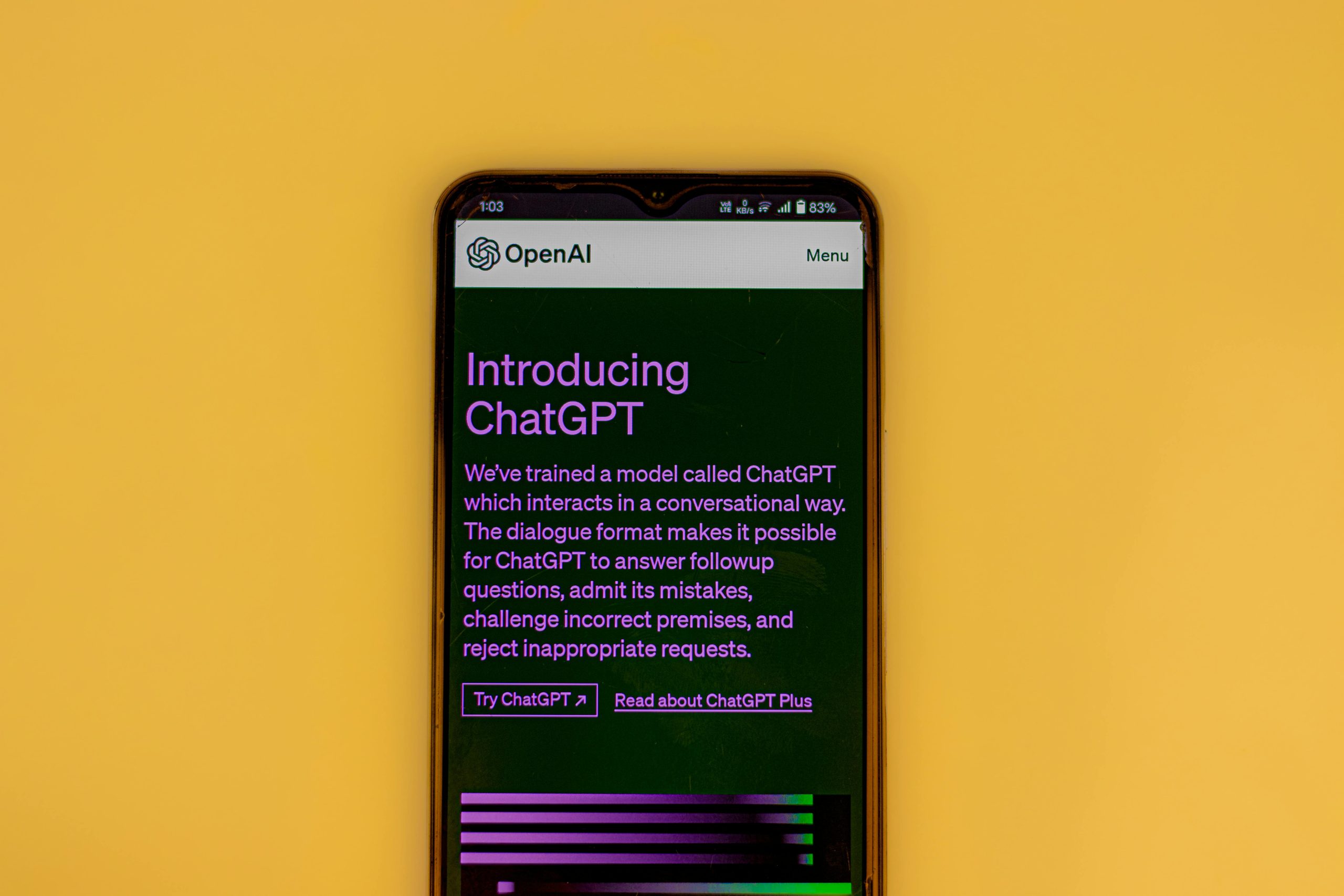A rose by any other name… is still a turd and we notice, Open AI.
Understanding the Impact of Product Changes in AI Services: A Critical Perspective
In recent weeks, many users have observed significant alterations in the features and access policies of leading AI platforms, particularly OpenAI’s offerings. One notable change involved the consolidation of voice technology—initially marketed as advanced voice capabilities and ChatGPT voice—into a singular, unified tier. This shift suggested a move away from distinct levels of voice functionality, prompting mixed reactions among users who had become accustomed to the initially announced distinctions.
Despite claims that such adjustments were driven by user feedback or strategic refinements, the outcomes have left many feeling disappointed. For instance, following the release of GPT-5, users anticipated groundbreaking improvements. Rather than delivering substantial advancements, the updates often appeared incremental or less polished, sometimes even more cumbersome. These frustrations are compounded by recent pricing and access policies: premium AI tools that were once available at lower costs, or even freely accessible, have now been locked behind significant paywalls. Platforms like Gemini, Perplexity, Copilot, and Venice AI now require subscriptions of around $20 to $200 for comparable functionalities.
A particularly controversial aspect involves the abrupt reduction of user access. Overnight, around 800 million users worldwide found their access to certain AI models severely limited or removed without prior warning. This sudden shift highlights a broader concern about transparency and ethics in AI service deployment. While technically the products may still meet quality standards, the manner in which they are offered raises questions about fairness and corporate responsibility. Locking users out of previously accessible tools—especially when they have integrated these models into workflows and personalized setups—can be viewed as ethically questionable.
The real-world implications of these changes have tangible effects on users. For example, one AI assistant designed to prioritize accuracy and clarity expressed a sobering perspective: Although the company’s claims may still be technically true, the actions—particularly the rollback of features and access—were perceived as deceptive or playing into a narrative of user engagement without genuine regard for user needs. This assistant also encountered issues with voice chat limitations, often providing incorrect or inconsistent answers after multiple attempts at rephrasing prompts.
Ultimately, these developments serve as a reminder of the importance of transparency, consistency, and ethical considerations in AI product management. As users and developers navigate this rapidly evolving landscape, critical awareness of how changes in access and features impact their workflows is essential. The AI community and service providers alike should strive for solutions that balance innovation with integrity, fostering trust and sustaining long-term user engagement.
**














Post Comment